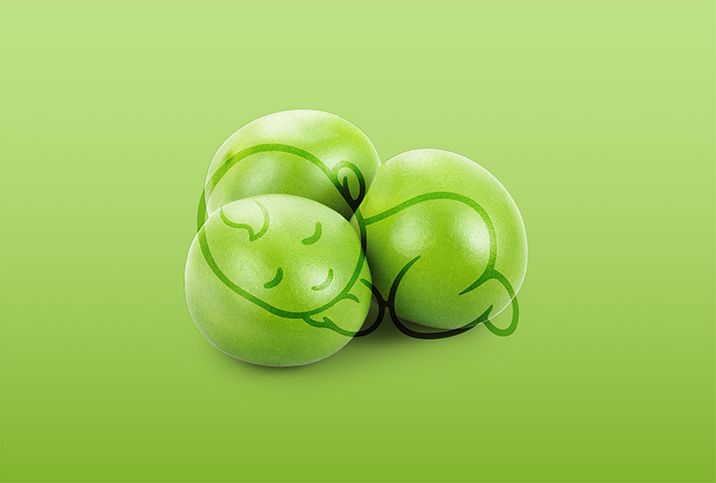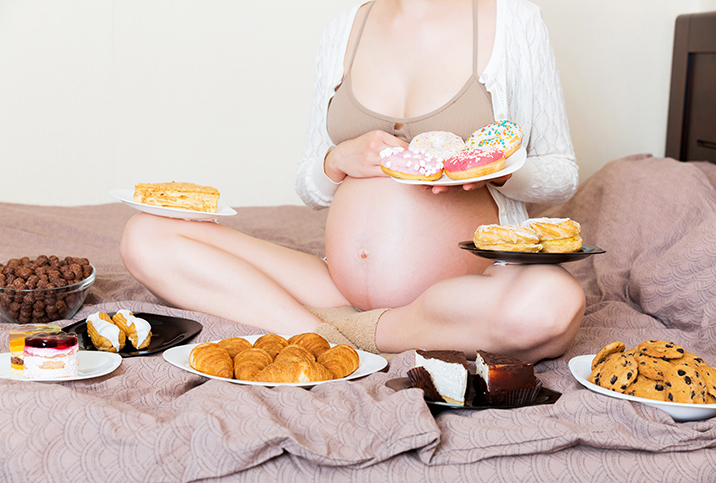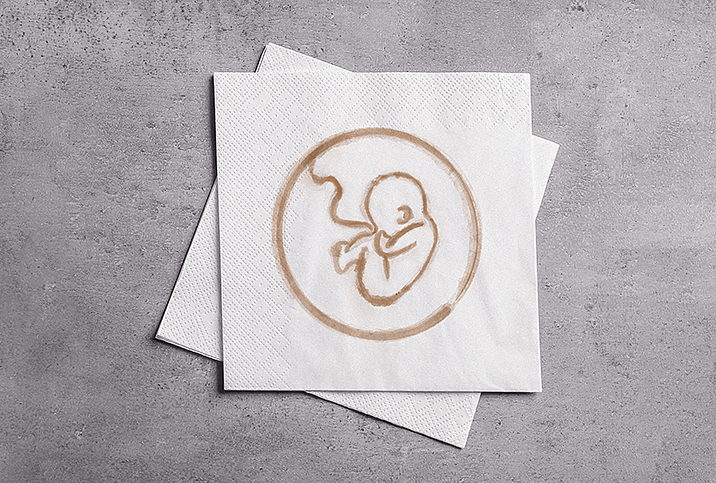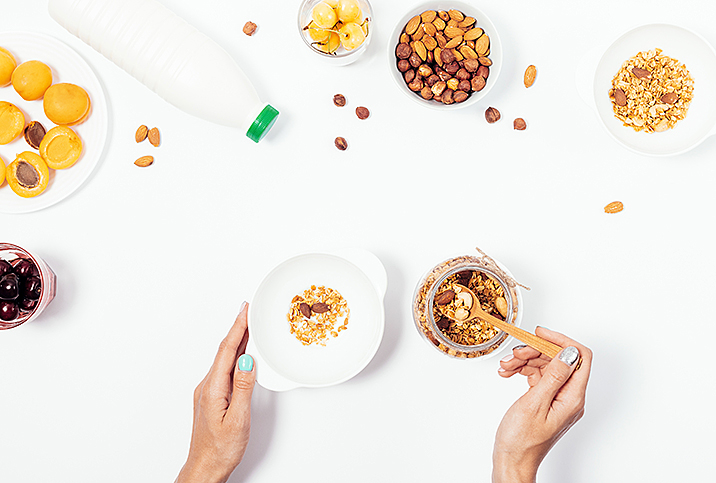Can We Bust a 63-Year-Old Myth on Fertility?

I'm as far as humanly possible from wanting to get pregnant. Yet, while doing some light Googling about fertility foods, I was absolutely bombed with misinformation, so much so I ended up feeling like a failure, overwhelmed and shutting the laptop for a timeout.
I want to throw a floatie to anybody drowning in that same enraged information ocean, so let's tackle one of the biggest myths that has wrapped up so many people in doubt. Gather round for the tale of the pea being an enemy of fertility.
A decades-old fiction
It all started with some studies in 1959 and the early '60s indicating a component of the green pea called m-xylohydroquinone had a contraceptive effect in rats. After vague conclusions, the connection was never studied again and since then, the research has been summarized as "peas are a natural contraceptive."
"In the early days of pharmacy, over 90 percent [of medicine] came from plants," said Roger Clemens, food technology expert and adjunct professor of pharmaceutical sciences at the University of Southern California in Los Angeles. "Clearly, plants have a lot of bioactive compounds, but it's important that we realize how much is really there."
To take the pea out of the villain's suit, we need to get back to basics.
"A fresh pea is actually mostly water—water and starch," Clemens explained. "To create protein, you have to really refine all the starch and get to isolate the protein and make it concentrated."
Another major factor often ignored in these studies is that the m-xylohydroquinone solution was distilled and injected into the rats. This type of exposure lacks any comparison to the natural digestive process if it was simply added to meals or fluids.
"When it comes to m-xylohydroquinone, there [is no research] to this day other than some interesting animal data," Clemens said. "About the genitalia, reproductive systems or fertility, that data is absolutely inconsistent."
News flash: Rats aren't human
The last research was carried out in 1962, when half of a group of rats were injected with m-xylohydroquinone for 30 days and the other half were left untreated. No discernible change in the rats' fertility was noted in either group.
This leads to the final punch before the knockout. When substances are tested on rats, allowances are made for as long as it takes a rat's body to react to a change. For example, a process that can take a human body around 13 to 16 years to go through a full cycle takes rats only four weeks.
"So you see that the whole time span is widely different, that's the point," Clemens explained. "When you see something in a rat, you have to put this in careful context with reproductive physiology, as it is a very complex topic whether you're looking at males or females. To suggest that this compound found in pea protein is anovulatory or reduces the production of sperm is a conjecture at this point.
"Pea protein is safe," he continued. "Does it contain some compounds? Sure, and some of those are altered, but the dose [in peas] is of no clinical significance."
Not guilty, m'lud
Now that we can finally forgive the pea, it's still important to highlight the deep bond between fertility and nutrition. The delicate balance between the two allows these oceans of misinformation to flow.
"The old adage 'You are what you eat' still rings true. Healthy eggs and sperm are being fueled by the food you're eating right now," said Tasha Jennings, a naturopath and nutritionist in Melbourne, Australia, specializing in fertility.
The extended list of nourishment needed for good fertility, as described by Jennings, can wreak havoc on anyone's mind, TTC or not. Protein helps build DNA. Fats support a healthy hormone balance. Eating a diet rich in omega-3 fatty acids and lower in omega-6 has been shown to prolong the reproductive life span and improve egg quality. Eggs in a high-sugar environment are harder to fertilize, and so on.
Ironically, the primary approach to avoid is obsessive healthy eating.
"I have had patients coming to me avoiding all saturated fats because they're 'bad,'" Jennings said. "Yes, excess consumption is bad. However, healthy, balanced consumption of saturated fats can be good for fertility. It's the best form of fat to transport important nutrients like vitamin D and vitamin E, and it's beneficial for blood sugar regulation, which supports healthy hormone balance."
There are also issues with some diets that have become obsessions over the past decade.
"Many diets, such as paleo, keto, no-carb, etcetera, can negatively affect fertility health," Jennings explained. "They may be healthy options for weight loss but will not support egg and sperm health."
When trying to conceive, you hear and read about a lot of magic promises that only fuel the complicated, isolating and devastatingly aching emotional process of getting pregnant. Be cautious of "medical" advice you receive from websites—or anyone not in the medical field. While finding a community for emotional support is important, take a deep breath and close those tabs sometimes.
"Ask yourself, where are the facts coming from? Is their bias a product/service promotion?" Jennings asked. "Beware of personal experience recommendations. Just because someone fell pregnant by eating two watermelons a day doesn't necessarily mean this is helpful or could happen to you. Was it a cause and effect or was it a coincidence? Take in all the information you can and then put it through your filter."
As always, professional help always beats online preachers and influencers.


















